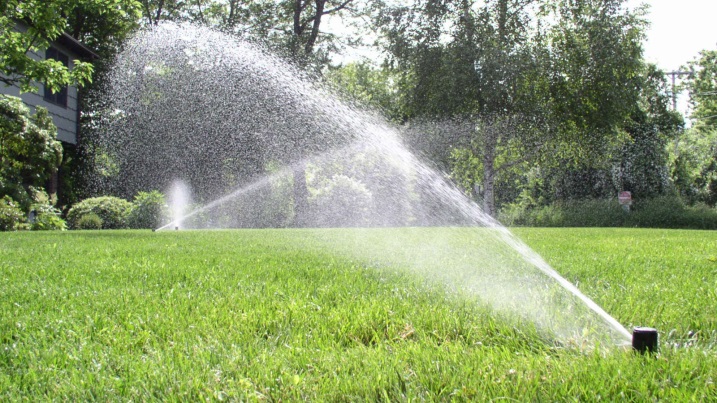Grass Seed - Is It Enough?
Keeping up a lawn can sometimes feel like a battle - a battle against weeds. Sometimes this is a battle you can fight successfully via fertilizers, weeding, pesticides, and landscaping plastic. And sometimes you need to take it to the next step by either partially re-seeding or even killing the weeds, grass, and all, before starting from scratch with a lawn. Some battles may be lost to win the war. Let's take a look at what happens at this point, and see if grass seed really is enough to do the job.

Many acknowledge that the first step in building a lawn is soil testing. A thorough soil test will look at nutrients, contaminants, fertilizers, and other characteristics of the lawn. A soil test can also help identify which fertilizers can benefit the lawn before seed is added. Additionally, many suggest aerating the lawn just before planting to promote the overall health of the grass. If you just go ahead and start putting seed in your lawn without these two steps, you may learn that sowing grass seed by itself may not be enough.
Two additional factors that can determine whether grass seed thrives or not are the kind of grass seed you plant and the timing for the planting. To determine the timing for planting, you are going to want to first think of what kind of grass seeds to sow; this is best determined by looking at what climate zone you are located in. While climate zones can be sliced a number of different ways, most acknowledge at least three major zones in the U.S.: Cool (or Cool Season), Transition, and Warm (or Warm Season). When you buy your grass seed, you’ll want to be sure that you find the types of grass that grow best in the zone where you’ll be planting the grass. Cool season grass seed typically does best when planted in the early fall whereas warm season grass usually does best when planted in the late-spring. These planting times allow these respective types of grasses to be hitting their peak for growth when the air temperature is just right to allow grass development. Those planting in the transition zone will want to do some additional research regarding what types of grasses have typically grown best in that area and what the upcoming season’s weather looks like.
Remember that the battle isn't done after the grass is planted. After grass is planted, it will need to be regularly watered. Exact amounts differ, but the best source is often the package that your grass seed came from. Many agree that the early morning is the best time to water grass, much like naturally occurring dew.
Having and keeping a great lawn takes work. It is no wonder that many landscapers weigh the options and choose a route other than seeding, such as sod, liners, and hydro seeding. Further, if your lawn involves this kind of investment of time and money, we encourage you to make sure you care for it with a top quality lawn mower, like the commercial mowers made by Wright. For more information about the Wright line of commercial mowers, check out the mowers page here or contact your local Dealership today.


